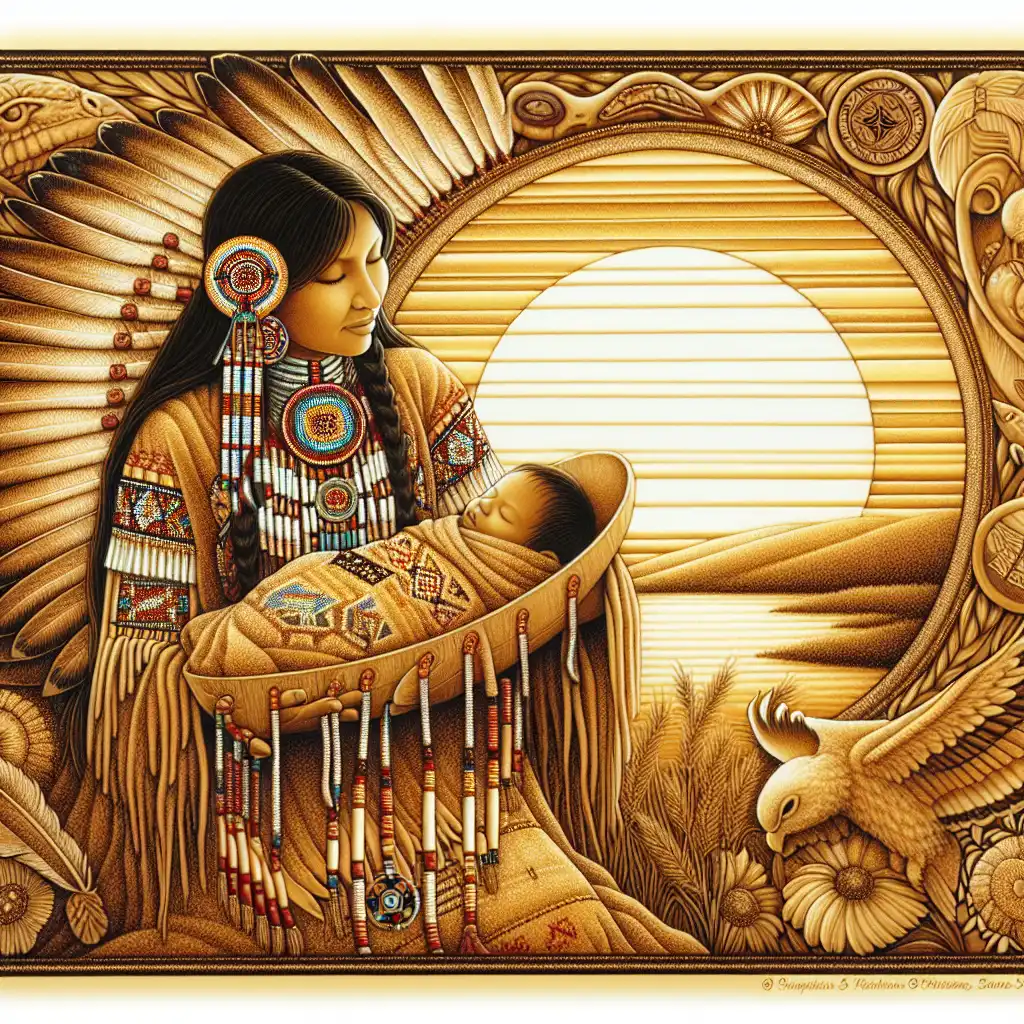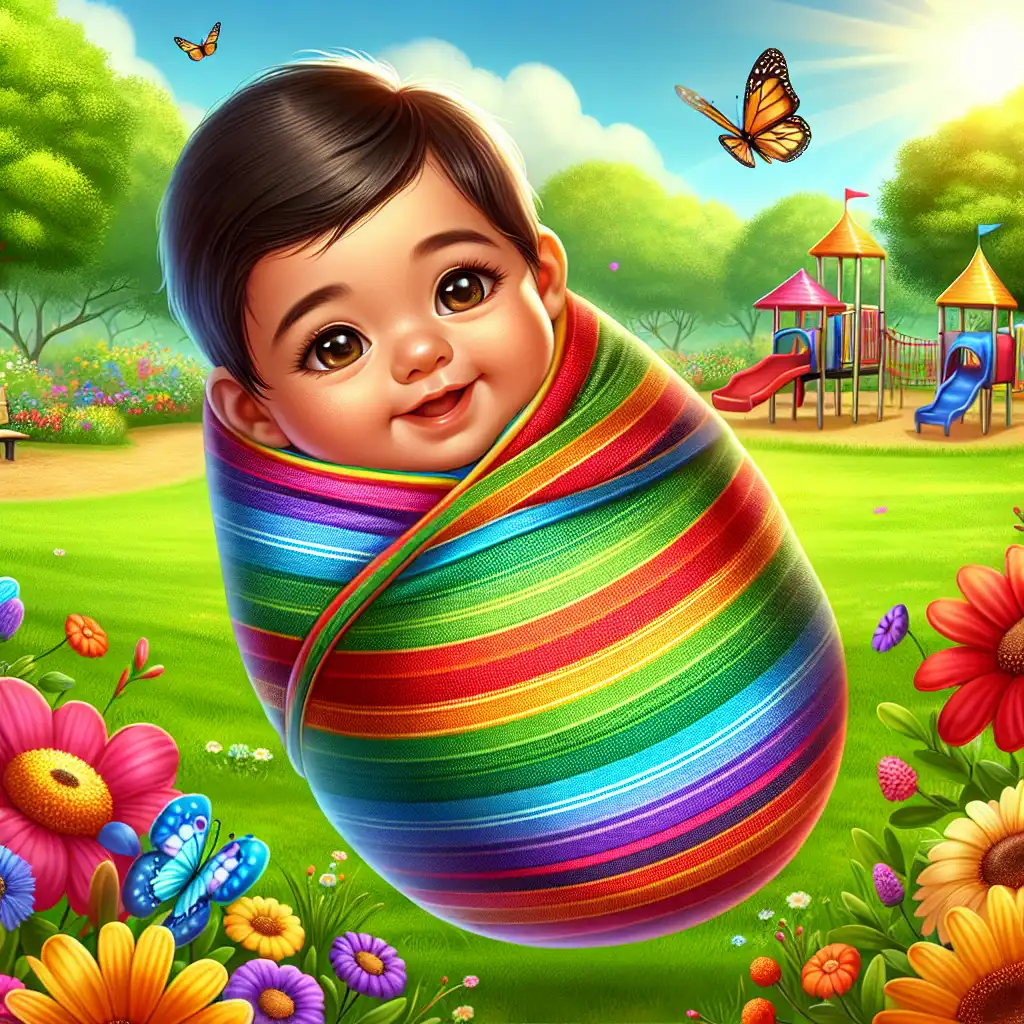
Papoose
Cultural Sensitivity
Be cautious when using 'papoose' to describe children; it can feel outdated or culturally insensitive to Native Americans.  Instead of 'papoose', simply use 'child' to be respectful.
Instead of 'papoose', simply use 'child' to be respectful.
Context Specific
'Papoose' is rarely used in modern dialogue and typically seen in historical contexts or literature about Native Americans.  The museum exhibit depicted a Native American woman holding a papoose.
The museum exhibit depicted a Native American woman holding a papoose.
Alternative Use
Although 'papoose' means a Native American child, it's sometimes used affectionately for any young child.  Look at that cute little papoose playing in the park!
Look at that cute little papoose playing in the park!